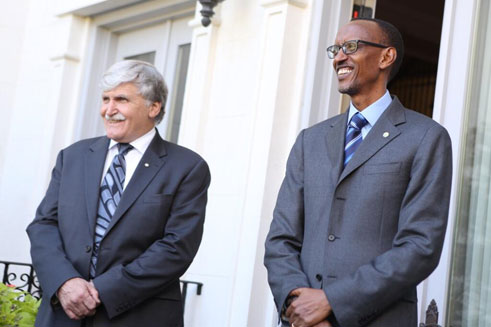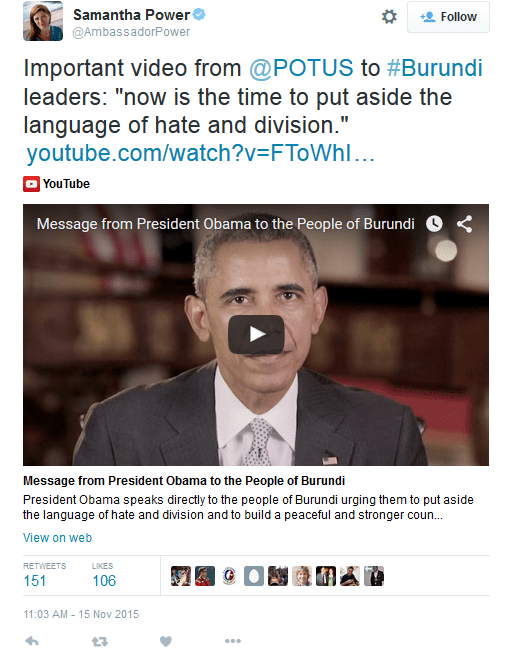Jan 22
20160
Avaaz, Humanitarian Agencies, Imperialist Wars/Occupations, The War on Libya - There Was No Evidence, Whiteness & Aversive Racism
Africom Bechtel IMF Libya NATO The Great Man-made River Project (GMRP)
AFRICOM’s War on Libya
Video published on Apr 8, 2015
“In this excerpt from Bob Coen and Eric Nadler’s film “Shadow War of the Sahara”, broadcast on the Franco-German channel ARTE charts the rise of the U.S.military’s AFRICA COMAND (AFRICOM). This excerpt reveals why AFRICOM’s chief critic, Libya’s Mohammar Gaddafi, had to be removed from power for the project to succeed.”
Watch Nelson Mandela’s answer to a question about his alliance with Gaddafi during the interview with Ted Coppel. June 21st, 1990:
https://www.youtube.com/watch?v=RwwxcVTjt3Q
Gaddafi in 1979:
https://youtu.be/SBlPYH-IdHw
Libya’s Gaddafi in 1980:
https://www.youtube.com/watch?v=x57_zqVDWAw










































